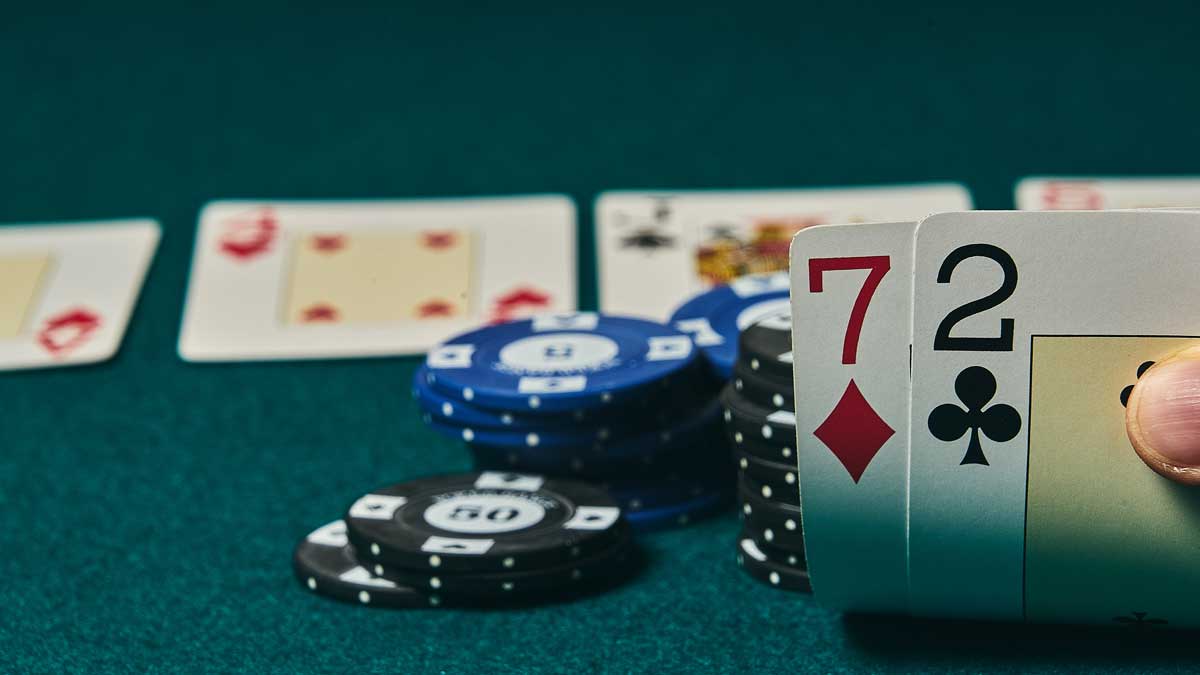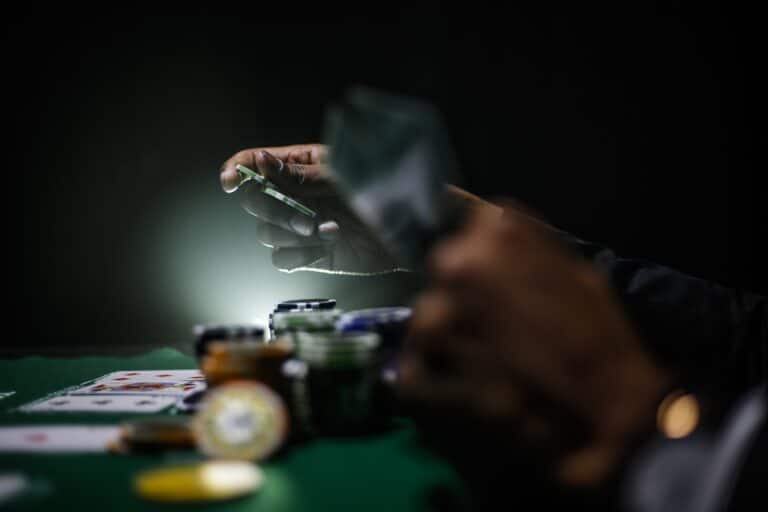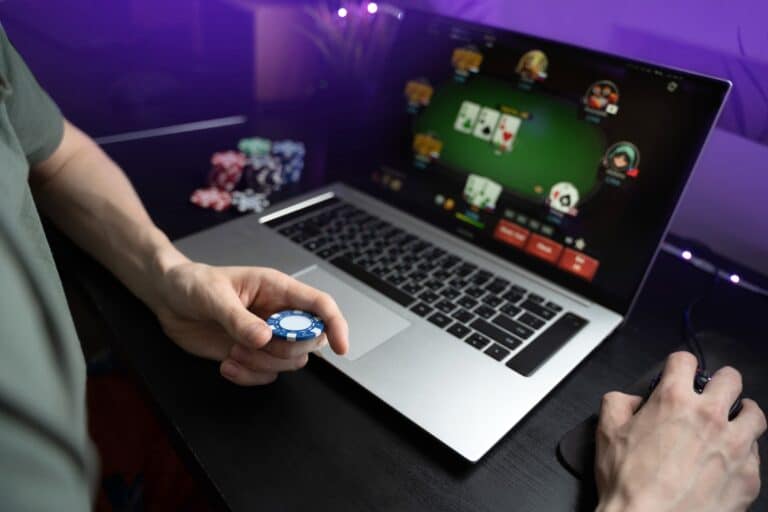Poker bluffing is a common technique used to gain an advantage over opponents. The poker world has witnessed players with weak hands winning rounds because of the table’s reaction to their bluffs. This is because aggressive players use their bluffing skills to get an advantage over their opponents.
‘Pure bluff’
Pure bluffing is an essential skill in poker, but you must know when to use it. You can use it against players with many cards in their hands, but it’s safer to bluff against opponents with only one card in their hand. It’s also safer to bluff against a player who folds frequently.
Semi-bluff
Semi-bluffing when playing poker is a strategy used to win hands without showing your cards. When used correctly, it is a viable option in most situations. During the course of the hand, your opponent can decide to fold or bet, which gives you the opportunity to increase your pot equity. However, you must consider your opponent’s strength and weaknesses before resorting to this strategy.
True bluff
When it comes to poker, true bluffing is the art of fooling your opponents. If you can pull off a successful bluff with the right opponents, you can increase your odds of winning the pot. There are many variations of bluffing in poker, and the key is to know which ones to use and when.
Hand odds
In poker, bluffing has several different methods. While most poker players are able to pull off a successful bluff, some are more successful than others. The right technique for you depends on your opponents.
Positional bluffing
Positional bluffing in poker involves paying attention to the game and knowing when to bluff. You may think it’s a bit risky, but it’s actually very effective, especially if you’re new to poker. It’s also a good strategy to use on smaller pots, as it’s less damaging if you don’t win the hand.
Reaction of opponent after bluff is called
In playing poker, one of the key elements of winning is the reaction of your opponent after a bluff is called. If a player checks a bet without raising his or her bet, you can presume that he or she is weak and may be playing an ineffective bluff. If, on the other hand, the player bets first and immediately folds, you may not have the advantage of predicting his or her behavior.




